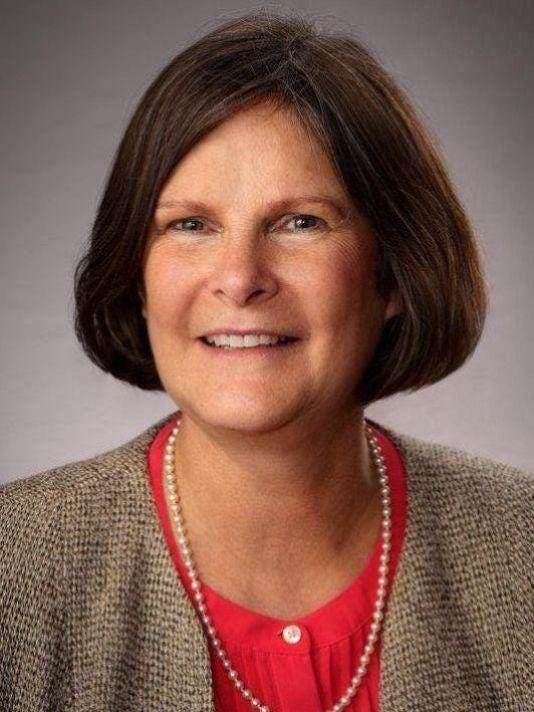
COVID-19 has brought challenges for parents and families, unlike any ever experienced. Some of you have been overseeing your children’s schooling from home since mid-March. Many parents have spent much of the past six months working from home while others are searching for new job opportunities. My hunch is that none of you planned for these changes caused by the pandemic. COVID-19 has forced all of us to alter our daily lives and parents of school-aged children have had to learn to be flexible and adaptive, pivoting as we say today.
While local schools have provided a variety of tools to engage students, the onus is on family members to be sure that young people are complying with the expectations. Parenting can be challenging in the best of times when we all go about our typical daily routines, with children heading off to school for much of the day and being involved in extra-curricular activities including music, athletics, after school programs and clubs of all kinds. While some of those activities have resumed recently, others came to a screeching halt as did most things that parents were involved in outside of their homes. Activities like those insulate us through what we call protective factors, helping build resilience by teaching us how to adapt to and bounce back from difficult circumstances. So many of the protective factors that children and caregivers rely upon are not currently readily accessible. Being part of a team or other group and having connections to adults outside the family who care about youth including teachers, coaches and youth group leaders are all significant protective factors.
Parents are feeling an enormous amount of pressure to keep their children on task and to monitor their schoolwork. Many people are feeling stressed over this new normal that we’re experiencing collectively. That stress can spill over onto our children, regardless of their ages. It can cause anger, defiance or negativity to bubble to the surface and children may become aggressive with siblings or misbehave in other ways.
Children need a good night’s sleep, as do parents. It’s important for children to establish healthy, independent sleep patterns and good bedtime routines. A plan can be developed to prevent disobedience, teach your child limits and manage disobedience when necessary. Children having occasional disagreements or arguments is normal but if it’s not caught early, fighting and aggression can get worse. Children may not be able to learn better ways of behaving without help from their parents.
At Mental Health America of Licking County (MHALC) in partnership with Nationwide Children’s Hospital, we offer Triple P, a Positive Parenting Program, at no charge to help parents navigate the difficult demands of child rearing. Primary Care strategies will help establish healthy bedtime routines and how to manage behaviors including disobedience, fighting and aggression. Our certified Triple P facilitator will help you create a helpful family plan for you and your children, using virtual presentations and one-on-one phone calls. Call 740-919-6905 or email kroahrig@mhalc.org to sign up. It’s that simple!
These are unprecedented times and you are not alone in figuring out how to maneuver through them. At MHALC, Parent Support is one of many programs designed for our community’s benefit. We recognize that parenting can be hard and we hope that you’ll reach out. Stay well!
Penny Sitler is the Executive Director of Mental Health America of Licking County
"help" - Google News
September 21, 2020 at 12:27AM
https://ift.tt/33IcpQ0
Sitler: Mental Health America offering help for parents - The Newark Advocate
"help" - Google News
https://ift.tt/2SmRddm
Bagikan Berita Ini















0 Response to "Sitler: Mental Health America offering help for parents - The Newark Advocate"
Post a Comment